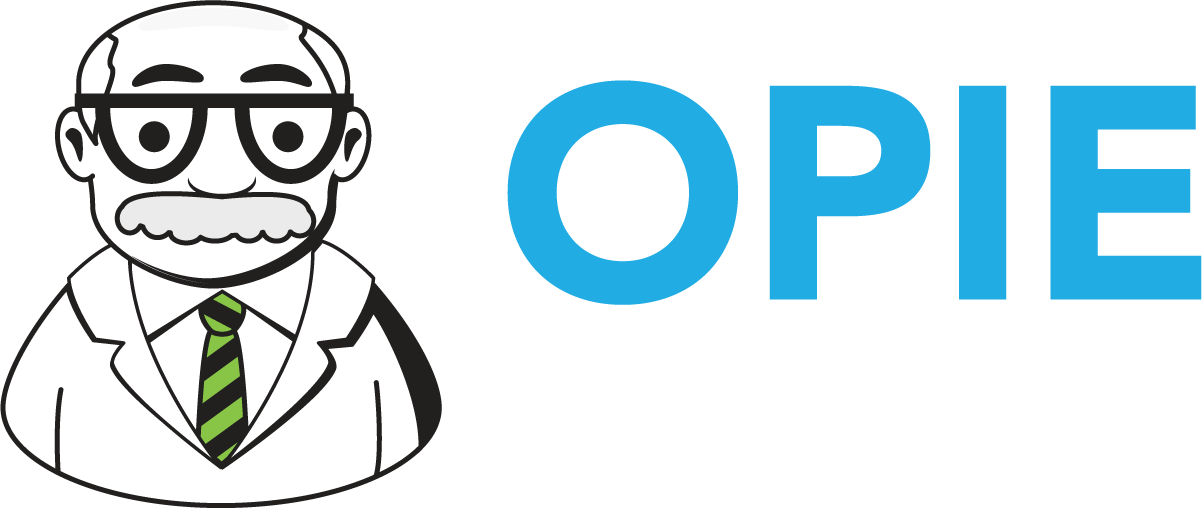The Hidden Cost of Assumptions: When "Fast" Isn't Enough
Have you ever been dazzled by a candidate's confident demeanor or a vendor's polished pitch, only to discover later that something crucial was missing? Let me share a humorous but enlightening scenario that perfectly illustrates this common business pitfall.
My Inspiration: A Tale of Two Perspectives
Picture this: A job interview where a candidate boldly claims to be "extremely fast at math." When tested with a simple multiplication problem (31x17), they immediately respond with "47." The interviewer, understandably baffled, points out the error. The candidate's response? "But it was fast!"
While this example might seem absurdly obvious, it highlights a sophisticated problem that practice owners and managers face daily: Unstated Expectations.
The Assumption Trap
In management and leadership, we often operate on what we consider "common sense" assumptions. We might assume that when a clinician promises that they can fit a device fast, they will also take in all relevant clinical considerations and do it correctly. Or a billing service promises "rapid claims processing," they'll maintain accuracy and help you get paid faster.
These misalignments in expectations can be costly. Consider these real-world scenarios:
A transcription service that delivers records quickly but misses critical elements or “hallucinates” details.
A scheduling software that processes appointments rapidly but doesn't account for all provider information.
A billing agency that routinely writes off difficult claims rather than work to collect them.
Breaking Down the Solution
1. Define Success Explicitly
Instead of asking if someone is "good with [insert your need]," specify what you need:
Accuracy requirements
Acceptable time frames
Required certifications or experience
Specific scenarios they'll need to handle
Quality expectations
Key Performance Indicators
2. Verify Through Demonstration
Don't just accept claims at face value. Create practical scenarios that test all critical aspects of the requirement. For a clinician, this might mean having them:
Talk though an initial evaluation
Handle common challenges
Effectively communicate their plan of care to both internal and external stakeholders
Create a structured evaluation process that tests both technical skills and understanding of priorities. When a candidate claims expertise, have them demonstrate it in a way that matches your actual needs. I am assuming you know what your needs are. Do you, really?
Start by taking a hard look at those unspoken expectations – what are they? Who does what in your organization and why? What is the role they play in moving the business forward? Write them down, making them crystal clear. List out those non-negotiable capabilities that truly matter to your practice. Finally, put words into action by implementing robust verification processes. Remember, a claim without proof is just a promise - create opportunities for people to demonstrate their abilities in real-world scenarios. This three-step approach transforms vague hopes into measurable outcomes, ensuring you never mistake speed for competence again.
In O&P practice management, being "fast" without accuracy and substance isn't just inefficient - it's potentially dangerous. The key is to create clarity around expectations and verify capabilities before making commitments.
Remember, it's not about being skeptical; it's about being thorough. The candidate who quickly answered "47" wasn't necessarily trying to deceive - they simply had a different understanding of what success looked like in that situation.
Your Next Steps
Take a moment to review your current processes. Are you clearly communicating all critical requirements? Have you created systems to verify capabilities rather than just accepting claims?
The next time someone tells you they're "extremely" good at something, remember our quick mathematician. Take the time to define what "good" really means in your context and create opportunities to verify those claims in meaningful ways.
In management, we can't afford to assume that everyone shares our definition of success. By being explicit about our expectations and thorough in our verification processes, we can build teams and systems that truly deliver on their promises - not just quickly, but correctly.
After all, we're not just looking for fast - we're looking for accuracy, efficiency and thoroughness, confidence and competence. Because at the end of the day, it's not just about getting the job done; it's about getting it done right.
Come be a part of our user group meeting at the Academy on Thursday, Feb 27, 12:30-5PM


